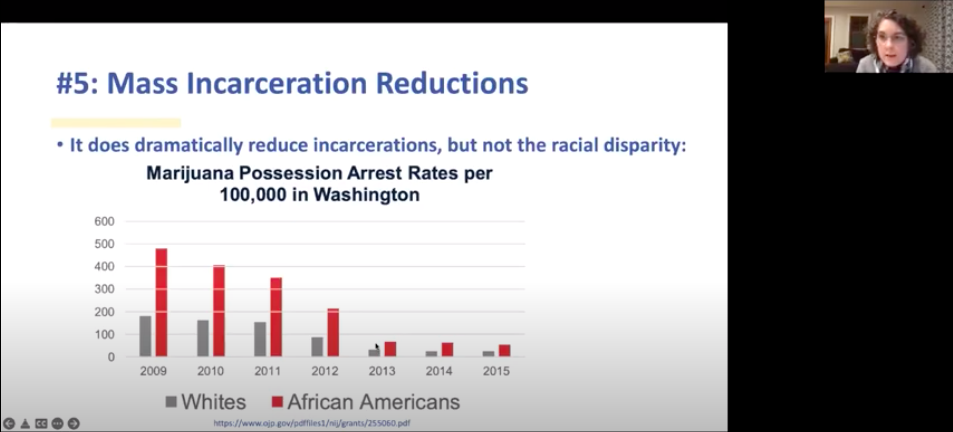BDC Welcomes Dr. Caroline Weber To Speak on Drug Legalization
by Ryan Whitt
Lexington, Kentucky – On Wednesday, January 5, 2022, Professor Caroline Weber joined the Bluegrass Debate Coalition (BDC) for the third installment in the BDC Guest Lecture Series. Dr. Weber, an Assistant Professor at the Martin School of Public Policy & Administration at the University of Kentucky, served as a subject matter expert on the topic of Legalizing Illicit Drugs.
Dr. Weber lectured middle and high school students to help them prepare for upcoming debates about drug legalization, as an expert on the economics of marijuana legalization.
The BDC Guest Lecture Series, now in its second season, is moderated by Bill Eddy, director of the Bluegrass Debate Coalition (BDC). These events are intended for students, though they are community events open to the public, to have the opportunity to learn from an expert about topics for upcoming debate competitions.
Debate subjects are provided by the National Speech and Debate Association (NSDA), an honor society whose members specialize in public speaking and debate. The January topic was, “Resolved: The United States federal government should legalize all illicit drugs.”
Attendees of the BDC Guest Lecture Series were given the opportunity to learn from Dr. Weber, with the hope that her expertise in cannabis (marijuana) would provide a framework for students to better understand and appreciate the major issues surrounding drug legalization.
Dr. Weber’s presentation began by discussing the benefits of cannabis legalization, including how it is currently the 5th most profitable agriculture in the US, and that legalizing it would lead to an increase in tax revenue and a decrease in incarceration rates.
She later discusses the drawbacks of legalization, and how studies have shown that legalizing cannabis leads to an increase in cannabis use disorder and increased ER visits, as well as spillovers into neighboring states where those drugs may not be legalized yet.

After her lecture was finished, Director Eddy conducted a brief interview with Dr. Weber about a variety of topics mentioned in her lecture, re-contextualizing them with planned questions from their upcoming debate competition.
This was followed by Dr. Weber hosting a Q&A session for the students in attendance. Several students spoke up and engaged in the discussion following the lecture.
Seventh graders from Meyzeek Middle School and Tates Creek Middle School participated in the Q&A, inquiring about a variety of topics, such as if Dr. Weber believed that drug legalization had more beneficial or negative impacts on a country.
A survey after the lecture reported that 63% of the attending students strongly believed that the lecture led them to a deeper understanding of the topic at hand, and all students in attendance agreed that it helped increase their knowledge of the subject matter. Their parents were likewise impressed by the lecture.
“I enjoyed the expert insight on why it is important to consider the legalization of drugs,”says Rachna Tibrewal, a parent of two sons who participate in BDC events such as this.
The BDC Guest Lecture Series is hosted virtually, using Zoom, and then made available to the public via the BDC’s YouTube Channel. Dr. Weber’s entire guest lecture can be viewed here.
To learn more about Dr. Caroline Weber and her research, visit this link.
Another NSDA topic has been announced for February about NATO and its tumultuous relationship with Turkey. University of Kentucky Professor Clayton Thyne will share his expertise about this on Wednesday, February 2, 2022, at 6:00 PM. For more information, please click here.
The mission of the Bluegrass Debate Coalition is to create a deeper learning experience for every student in Kentucky (K-12), through debate education and practice. We ask our students to see themselves as someone who thinks critically as a problem solver, who speaks clearly and convincingly with important ideas to share, and as someone who collaborates effectively and with respect.
We could use your help. By signing up as a volunteer or by making a financial contribution; you help us to expand our capacity to reach more students in more areas throughout the commonwealth. To learn more about our program, please visit our website.
